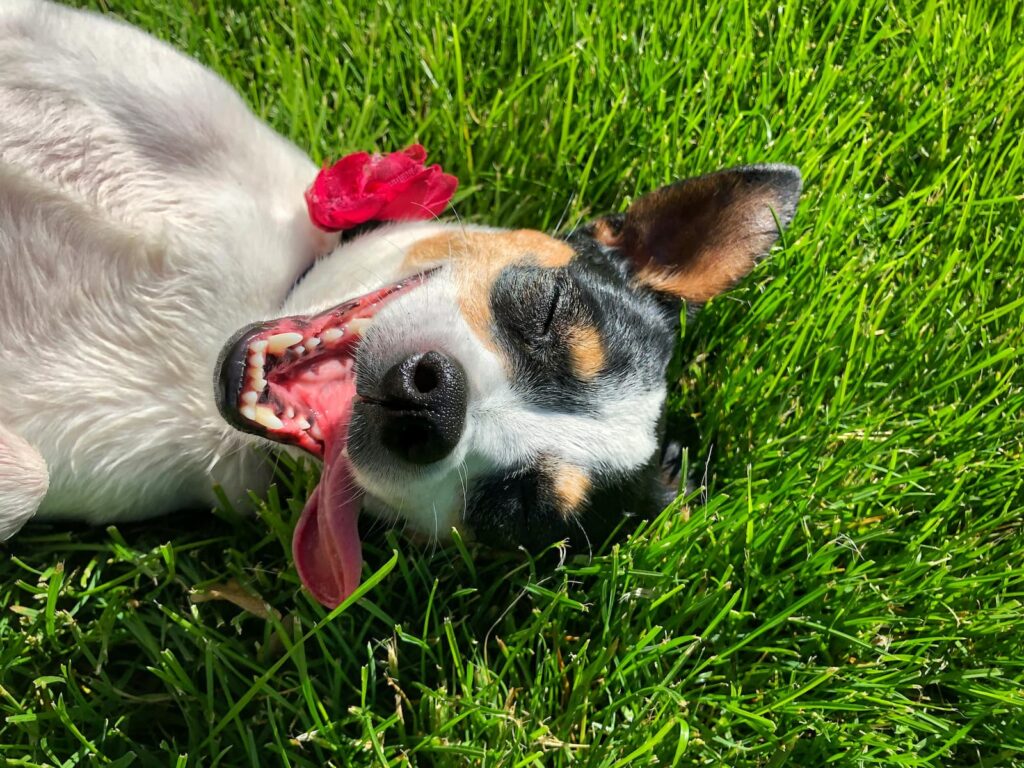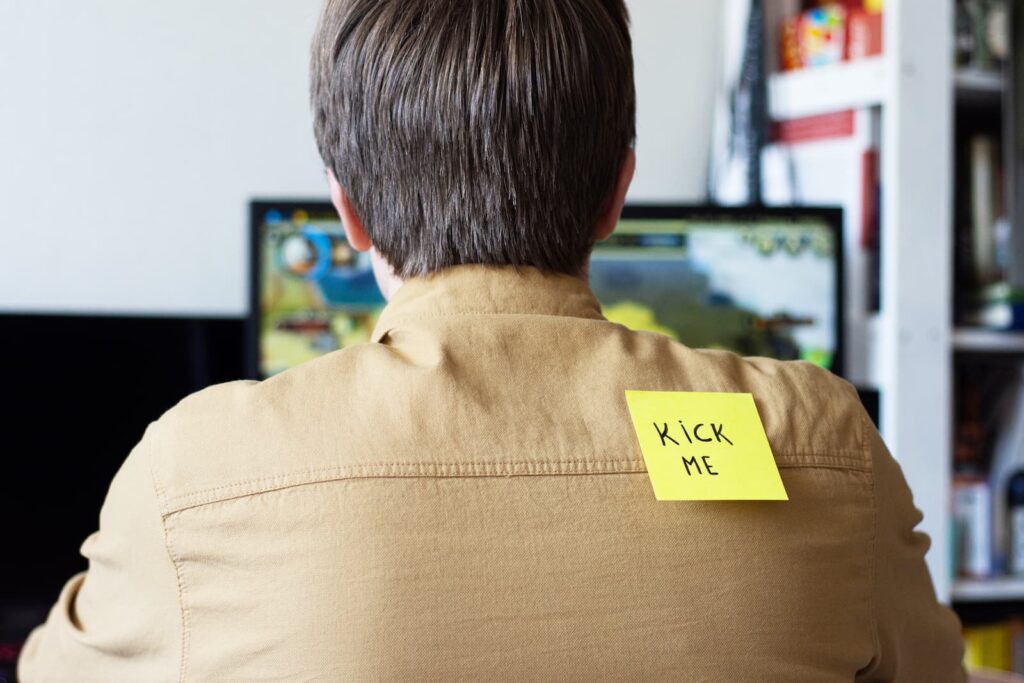
How to Use "Play" Like a Native Speaker

In English, simple words are often the most useful, and "play" is a great example. It's common when talking about children and games, but it can be used in many more ways too.
In this article, we'll explore the main meanings of "play" and show how to use it in phrasal verbs and common English idioms.
Basic Uses of “Play”

Fun (mostly used for children)
The kids are playing in the pool.
My dog likes to play with the other dogs at the park.
Music, movies, etc.
The DJ played dance music all night long.
The cafe was playing a movie on the TV behind the counter.
Sports and games
I like playing soccer and tennis.
We play video games together each day after school.
Music (performance)
What song should we play next?
The band played all of their big hits at the concert.
Other Uses of “Play”
Phrasal verbs

Play along (with someone/something)
When we "play along," we join others and pretend that something is true.
I don't think this idea will work, but I'll play along for now.
[= I don't think this idea will work, but I'll pretend like it will.]
Someone on the street confused me for a celebrity, so I just played along. I even gave them my autograph!
[= I pretended to be the celebrity the other person thought I was.]
Play by the rules
"Playing by the rules" means doing things the correct and proper way.
The judge will be watching carefully to make sure everyone plays by the rules.
It can also be used in situations that aren't related to sports or games.
The accountant was arrested when it was revealed that he wasn't playing by the rules.
Play fair
This expression has the same meaning as "play by the rules."
Max doesn't play fair; he'll cheat if you don't watch him carefully.
It can also be used in the imperative form.
That's against the rules! Play fair!
Play dumb
"Playing dumb" is pretending to not know something.
The witnesses played dumb even though they saw what happened.
Play dead
Have you noticed that "play" is often used to mean "pretend"? Here's another example; this time, the expression refers to pretending to be dead in order to avoid danger or to trick prey.
Because they can't fight back, rabbits typically play dead when they're threatened.
Play around
This phrasal verb has two meanings. The first is "to do meaningless or silly things."
Instead of working, she's just been playing around on her phone all afternoon.
The second means having a romantic relationship with someone other than one's partner.
His girlfriend broke up with him because he was playing around with other women.
Play ball
Of course, you can hear this expression used on baseball fields and in other situations where people play games.
Used figuratively, it means "to cooperate," particularly with police and other authorities.
The police warned the suspect that he could be arrested if he didn't play ball.
Play down
"Playing something down" is acting like it's not important or doesn't have an effect. People may do this to hide facts or to avoid appearing arrogant.
The executive tried to play down the strong competition from his company's rivals.
Mark always plays down the praise he receives.
Play back
We "play back" music when we listen to it soon after it has been recorded.
After we played back the recording, we knew we just made a hit song.
Idioms With “Play”

"Play" is also used in many English idioms. Here are a few examples:
Play on words
A "play on words" is a pun, or a skillful use of words.
For example, Central Perk, the coffee shop from the TV show Friends is a play on words: Coffee's caffeine can "perk you up," or give you energy, and Central Park is a famous location in New York City, where the main characters live.
Related article: More Than "Friends": Recommended TV for English Learners
Play with fire
Fire is dangerous, so playing with it is a bad idea. That's why this expression means doing something risky or foolish.
Flirting with the mafia boss' girlfriend is playing with fire.
Play it safe
In contrast to the previous idiom, "playing it safe" means avoiding risk.
We decided to play it safe and call a professional instead of trying to do the repairs ourselves.
Play something by ear
Here's another expression with two separate meanings. The first means dealing with a situation as it develops instead of following plans. In other words, "playing something by ear" means acting spontaneously.
We don't have detailed plans for our vacation; we're just going to play it by ear.
The second meaning refers to playing a piece of music without reading the notes.
My son can play any song he hears by ear.
Play someone for a fool
When we "play someone for a fool," we're tricking or deceiving them.
The criminal played his victims for fools, stealing millions of dollars over many years.
Play second fiddle
A fiddle is another name for a violin, and this relates to this idiom's connection to musicians in an orchestra.
The person playing in the first violin position has the most respected role in the group. So "playing second fiddle" has a negative nuance of being less important.
Although she's the best athlete on the team, Nicky's comfortable playing second fiddle to her teammate.
I'm tired of playing second fiddle to you. I deserve to be the star!
Play a role/part
Literally, this expression refers to acting as a character in a film, TV series, etc.
She played the leading role in last year's biggest film.
When used figuratively, it means "be an important part of something."
The businessman played a major part in launching several successful companies.
Play favorites
"Playing favorites" is giving special attention to specific people.
The boss doesn't play favorites; he rewards good work no matter who does it.
Make a play for ~
This expression means "to try to get or attract."
Everyone at the party tried to make a play for the beautiful young woman.
With the CEO retiring, now's the perfect time to make a play for leadership of the company.
(To be) at play
Something that is "at play" is having an effect or influence.
There are many factors at play that we must consider before making a decision.
Play a trick/joke (on someone)
Playing a trick or joke on someone is tricking or teasing them.
John loves playing jokes on his friends, but sometimes he takes them too far!
Wrap-up
As you can see, "play" is useful in many situations that aren't related to games or fun. To learn more about simple but powerful words like this, be sure to read our article on super English words — then practice using them yourself in a lesson with an Engoo tutor!



